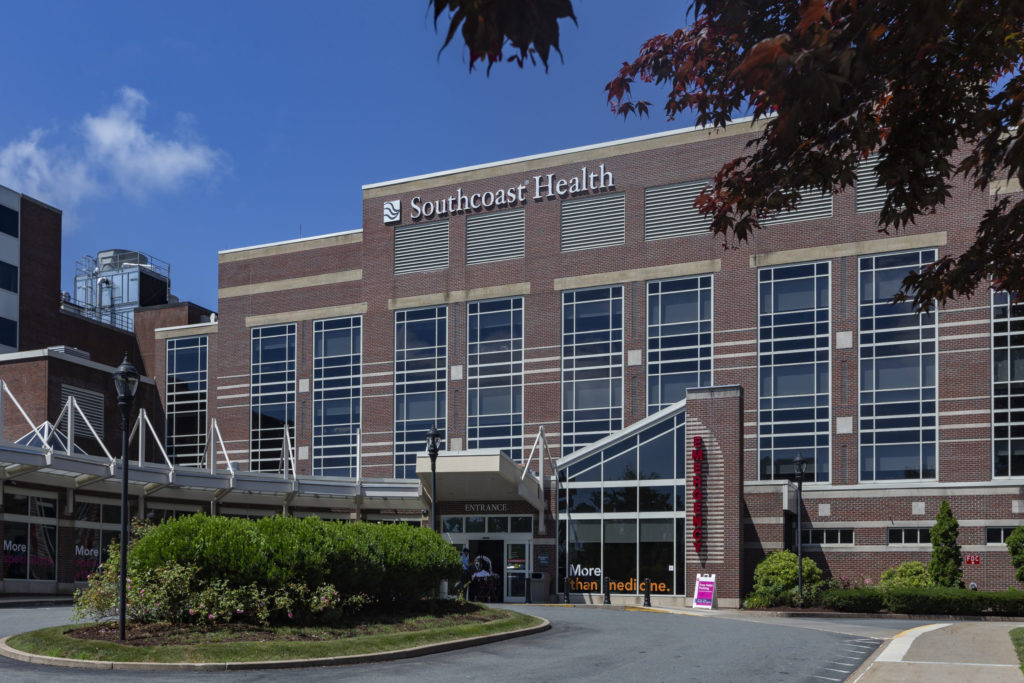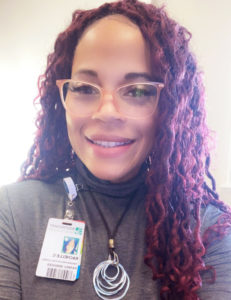
St. Luke’s Hospital earned official designation from the Massachusetts Department of Public Health as a Level II Adult Trauma Center recently, filling a critical need serving southeastern Massachusetts and parts of Rhode Island. The process to become certified was a rigorous one, according to the hospital system, involving verification by the American College of Surgeons.
Senior Scope spoke to Rachelle Corchado, Trauma Outreach Prevention Coordinator, about what the new trauma designation means for the South Coast and what her role will be there. 
St. Luke’s Hospital recently became a certified trauma center. What is that and how did that come about?
There was an identified critical need for a trauma center in this region due to there being no other Level I or Level II centers in Massachusetts EMS Region 5, which serves southeastern Massachusetts. Becoming a verified trauma center means that St. Luke’s has put in place the infrastructure and resources to care for this region’s most critically ill trauma patients 24/7 365 days of the year.
What does it mean for area residents? Does it mean new services locally?
For area residents, this means that they will no longer have to be transported to Boston or out of state to Providence to receive trauma care. In trauma, the faster you can get a patient to a verified trauma center, the better that patient’s chance of survival. Having a verified trauma center in this region will allow patients to have quicker access to definitive care.
Part of becoming a trauma center also includes establishing community injury prevention activities which this region will benefit from as well. Overall, all the services that a trauma patient requires will be provided for right here at home, from pre-injury prevention activities, to specialized trauma care within the hospital, to follow-up and rehabilitation services after injury.
Time is critical in traumatic injuries. Having a Trauma Center closer to home means Emergency Medical Service (EMS) transport times are reduced and death rates are drastically reduced. The nearest trauma centers are near the Boston area, and in Rhode Island. We now have one here in New Bedford!! Most importantly there will be patient and family support.
Can you tell us a little about yourself and what your role with the trauma center is?
I am the Trauma Outreach Prevention Coordinator focusing on educating our community about injury prevention and trauma care to indirectly decrease death and injury by establishing injury prevention activities within our region. I also raise visibility of St. Luke’s Hospital Level II Trauma Center Program through increasing public awareness.
What types of activities/programs will you be implementing through the trauma center?
The injury prevention activities are still in the planning phases and some restrictions remain in place due to COVID. A few proposed injury prevention activities that St. Luke’s is interested in rolling out to the community include: Motor Vehicle safety/Seat Belt Safety Program, Violence Prevention Program, minimizing distractions, Bike Helmet education, and implementing the Trauma Survivors Network Program. Education and outreach services will be presented to our patients, families, and community.
Can you tell us more about one of these programs?
Trauma injury prevention focused specifically on fall prevention will be our first program launched at St. Luke’s Hospital Level II Trauma Center. The initial phase of this program will be a bedside home fall assessment by our injury prevention coordinator with tips on how to prevent falls within the home and community. This will be done while the patient is still in the hospital and followed by patient/family education, handouts, and community resources/reference. I’d love it if people could spread the word, share with their family and friends that St. Luke’s Hospital is a level II Trauma Center. Let us know how we can serve you. For more information, please contact Rachelle Corchado, Trauma Outreach Prevention Coordinator, St. Luke’s Hospital, 508-973-5901.


Recent Comments